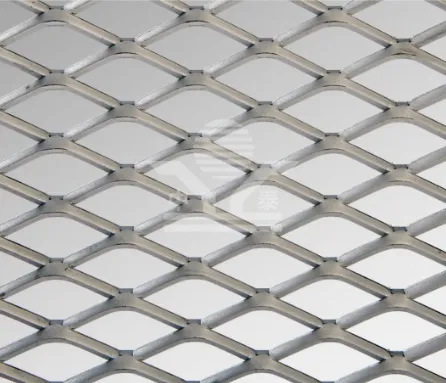Construction Site Fencing Ensuring Safety and Security
Construction sites are bustling hubs of activity, filled with heavy machinery, materials, and workers. While the progress being made is often exciting and necessary for development, it also poses inherent risks. To mitigate these hazards and ensure the safety of workers, pedestrians, and the surrounding environment, proper fencing around construction sites is essential. In this article, we will explore the significance of construction site fencing, the types of fencing available, and best practices for implementation.
Importance of Construction Site Fencing
The primary role of construction site fencing is to establish a secure perimeter that protects the site from unauthorized access. This is crucial for several reasons
1. Safety Construction sites can be dangerous places. There are various potential hazards, including heavy machinery, sharp objects, and chemicals. Proper fencing acts as a barrier, preventing accidental entry by curious pedestrians, especially children, who may not understand the risks involved.
2. Security Construction materials and equipment represent significant financial investments. Fencing helps deter theft and vandalism, protecting valuable assets from potential losses. In many cases, construction sites are targeted by criminals seeking to steal expensive tools or materials.
3. Liability Protection If someone were to enter a construction site and suffer an injury, the liability could fall on the construction company. By enforcing a secure perimeter, the likelihood of unauthorized entry—and the potential for related injuries—significantly decreases, thus minimizing liability risks.
4. Project Control Fencing helps manage the flow of both vehicles and pedestrians in and around the site. This control is vital for maintaining a safe and efficient working environment. It also assists in enforcing specific site protocols and regulations.
Types of Construction Site Fencing
Several types of fencing options are available, each with its own advantages and applications. Here are some common choices
1. Chain-Link Fencing This is one of the most widely used types of fencing on construction sites. It is durable, cost-effective, and allows visibility, which can help in monitoring the site. Chain-link fences can be topped with barbed wire for added security.
construction site fencing

2. Wooden Fencing Wooden barriers offer a solid appearance and can provide a more aesthetically pleasing look when compared to chain-link fences. They can also reduce noise and dust to some extent, but they may not be as secure as other options.
3. Temporary Barrier Fencing Often made from lightweight materials, these fences are easy to install and dismantle. They are suitable for short-term projects or events where quick site setup is necessary.
4. Hoarding This type of fencing is often used in urban construction sites. Hoarding can be constructed from solid panels, which not only provide security but also serve as a canvas for advertising or community engagement initiatives related to the project.
Best Practices for Implementation
To maximize the effectiveness of construction site fencing, several best practices should be followed
- Regular Inspections It is essential to regularly inspect the fencing for any damage or breaches. Prompt repairs should be made to maintain security.
- Clear Signage Posting clear signs that indicate restricted access and the presence of hazards can further deter unauthorized entry and inform the public of potential dangers.
- Height and Strength Ensure that the fencing is high enough (typically at least 6 feet) and constructed from robust materials to effectively deter intruders.
- Lighting Adequate lighting around the perimeter can enhance security, making it harder for intruders to approach unnoticed.
In conclusion, construction site fencing plays a vital role in ensuring the safety and security of construction projects. By establishing a secure barrier against unauthorized access and potential hazards, project managers can protect both their workers and investments. Selecting the appropriate type of fencing and implementing best practices ensures a safer and more productive construction environment.
-
Steel Walkway Grating Prices Explained: Essential Insights for Industry and Infrastructure
NewsNov.24,2025
-
Comprehensive Guide to Steel Grating Price and Its Global Impact
NewsNov.24,2025
-
Understanding Heavy Duty Steel Grating Price: Global Insights & Industry Trends
NewsNov.23,2025
-
Essential Guide to Wire Mesh Grating: Uses, Benefits & Innovations
NewsNov.23,2025
-
Welded Steel Bar Grating: Durable Solutions for Industrial Walkways & Infrastructure
NewsNov.22,2025
-
Wedge Wire Drain Solutions: Durable, Efficient Water Filtration and Drainage
NewsNov.22,2025
Subscribe now!
Stay up to date with the latest on Fry Steeland industry news.

